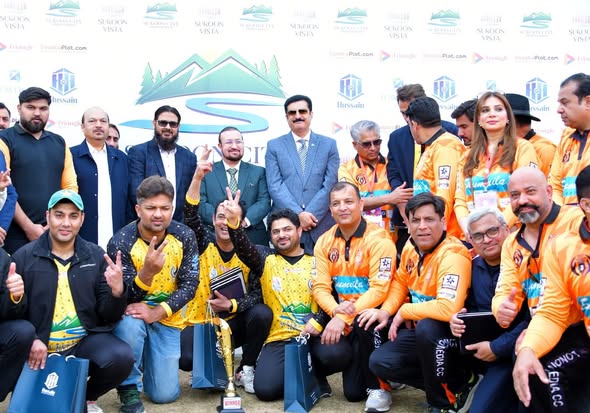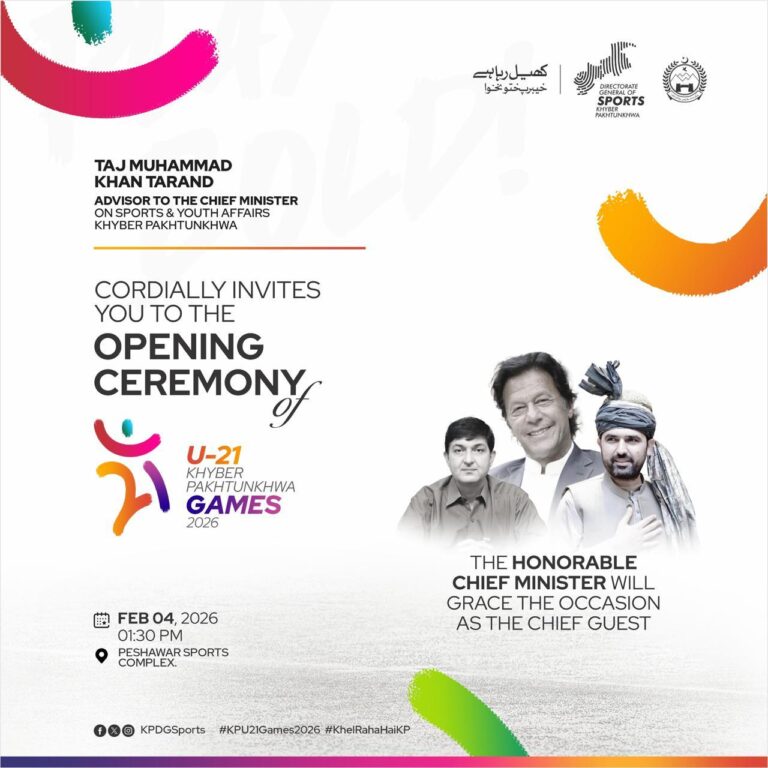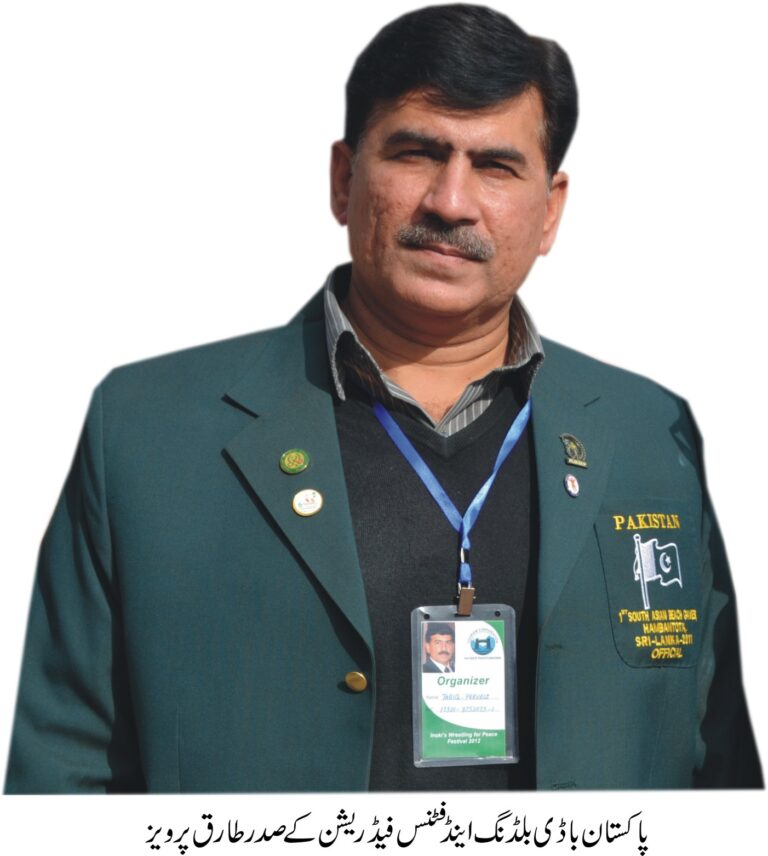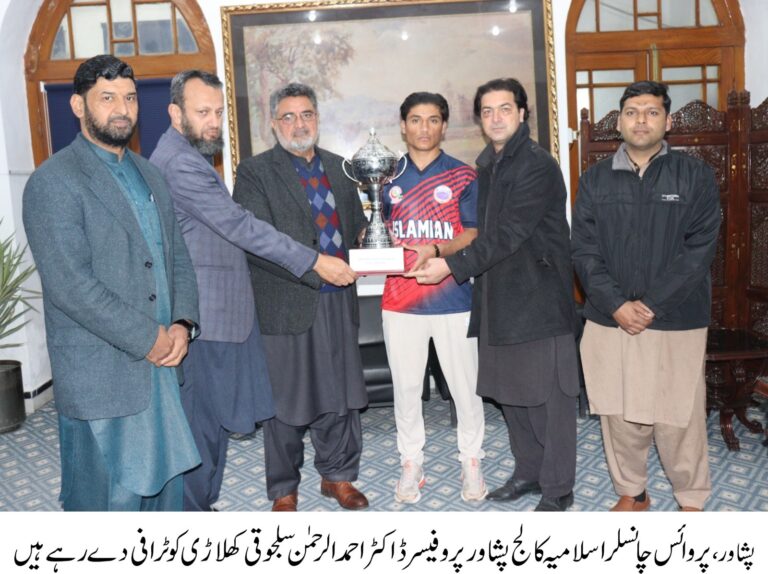By Fakhar-e-Alam
PESHAWAR: In the heart of Peshawar’s historic Qissa Khawani Bazaar, where history breathes through the cobbled streets and old tales echo off aging facades, a rich tradition of Jinnah Cap art is quietly fading one stitch at a time.
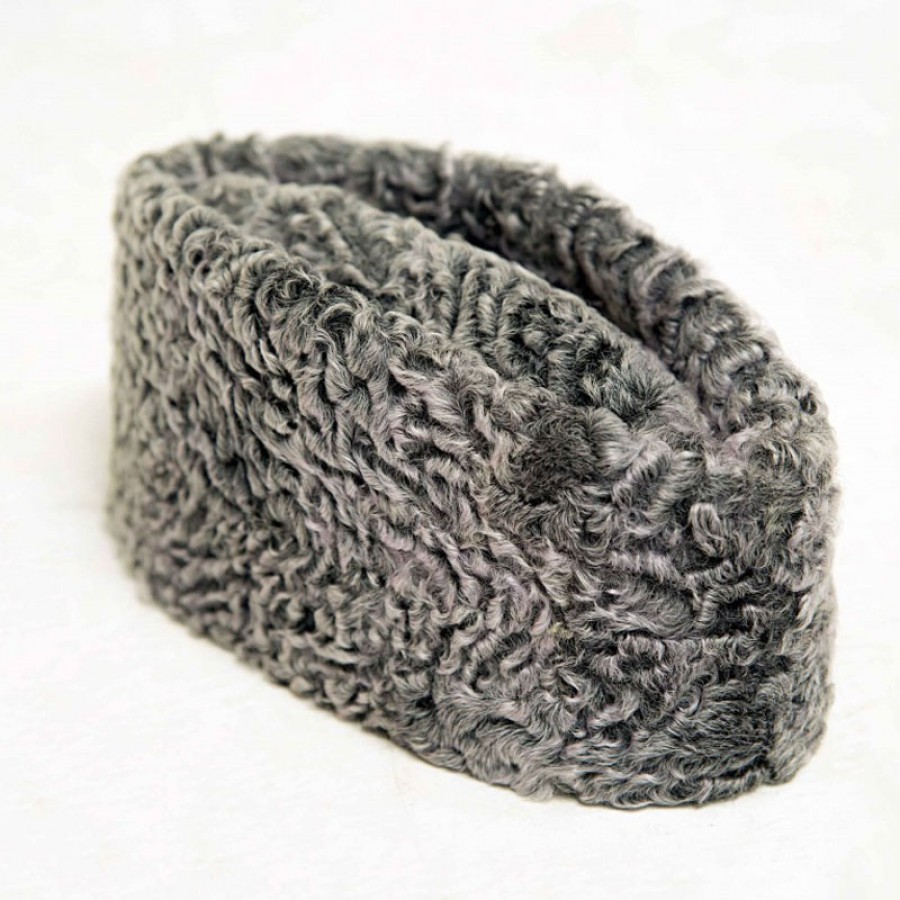
The craft of the Jinnah cap which was a symbol once worn with pride across KP is teetering on the edge of extinction. Once a staple of formal attire and a proud emblem of identity, the cap now sits on dusty shelves and cupboards, waiting for admirers who rarely come.
“It was more than just a cap but a centuries old tradition,” says Ustad Wakeel Shah, one of the prominent surviving artisans still crafting the iconic headwear by hand. “It was a symbol of honor and prestige. Of elegance. Of history.”
Clad in a traditional waistcoat and surrounded by decades-old photographs and fabric rolls, Ustad Wakeel sits in his timeworn shop at Mohallah Jehangi where he prepares Jinnah caps for its lovers on demand.
The sheepskin caps he carefully stitches were once in high demand. “I used to sell 20 to 25 caps a day,” he recalls with a soft smile. “Now, I’m lucky if I sell five or six in two months, hoping the winter weeding season may give boom to his craftsmanship.”
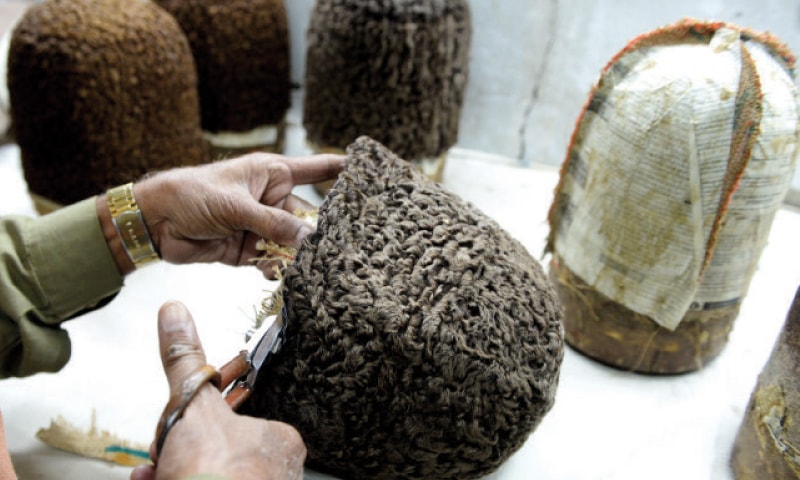
The Jinnah cap, popularized by the founding father Quaid-e-Azam Muhammad Ali Jinnah, was once inseparable from national pride. Made of karakul or sheepskin, the cap not only completed wedding outfits that was often paired with the luxurious boski suit but also adorned the heads of statesmen, generals, and grooms across Pakistan.
But in today’s fast-paced, brand-conscious world, the once-coveted cap now battles irrelevance and the art was at the verge of extinction.
The bustling cap markets of Ghanta Ghar and Qissa Khawani Bazaar, where more than 200 shops once thrived, have shrunk to a handful. Most artisans, unable to sustain their livelihoods, have shifted to other trades such as mobile accessories, textiles, cosmetics and fast food stalls. The tools of their ancestors now lie dormant.
“Only a few of us remain,” says Riaz Khan, another veteran cap maker who retired two years ago. “But our hearts still beat for this craft. We didn’t just make caps we told stories through them.”
The cultural shift in the wake of digital media addiction is not just economic it is generational. “Today’s youth doesn’t wear caps,” says Adeel Khan, a resident of Qissa Khawani. “My grandfather wouldn’t leave the house without one. Now, my own son doesn’t even know what a Jinnah cap is.”
Traditions that once brought communities together during Eid, weddings, and family gatherings have faded under the glare of modernity. Where headwear once symbolized honor and respect, it is now often considered old-fashioned.
“People want designer suits and branded accessories,” Ustad Wakeel added. “There’s no room for such heritage anymore in Khyber Pakhtunkhwa.” Despite the odds and challenges, Ustad Wakeel has refused to close shop and vowed to shift the legacy to his sons.
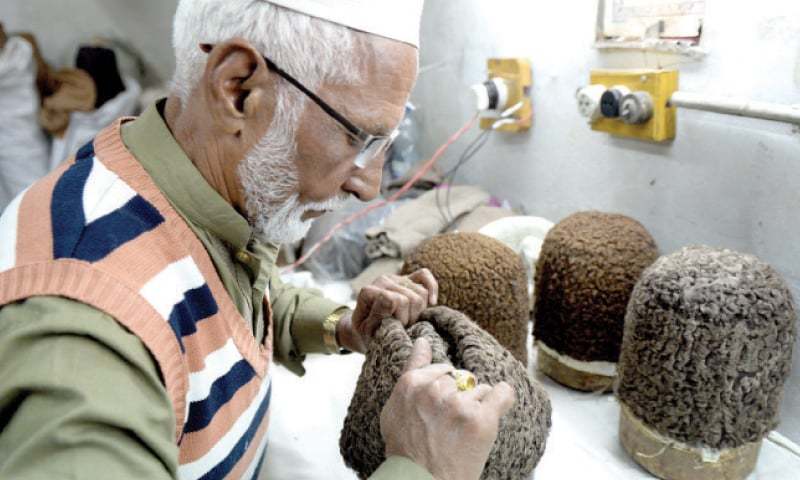
“I have had offers to sell this space. Many,” he says, gesturing around his modest workshop. “But as long as I am alive, this shop will exist for the love of great Quaid-e-Azam.”
That love is not merely symbolic. Over the years, Jinnah caps made in his shop have found their way into the hands of ambassadors, foreign dignitaries, and even overseas Pakistanis. They were once sent as souvenirs to America, France, Italy, and Germany. Yet, despite their reach, the art has few inheritors. Wakeel’s own brothers have pursued other careers.
There are rare flickers of interest like that of Zeeshan Qaiser, a young man from Wapda Town, who came searching for a Jinnah cap for his brother’s wedding.
“I wore a Jinnah cap at my own wedding,” he shares, holding a newly bought cap delicately in his hands. “I want my brother to feel the same pride by wearing Jinnah cap on his weeding day.”
Still, such moments are fleeting, and without institutional support or cultural revival, the future of the Jinnah cap remains uncertain in KP.
“The government must step in by organizing exhibitions, support artisans, educate youth,” Adeel Khan urges. “This is not just about a piece of clothing but It’s about our cultural identity.” In a city known for its vibrant culture, hospitality, resilience, and rich history, the decline of Jinnah cap artistry is more than a commercial loss but it’s a cultural tragedy.
But in the quiet determination of people like Ustad Wakeel Shah, there is still a thread of hope that Peshawar may one day stitch its traditions back together. Until then, a small shop in Qissa Khawani continues to craft more than caps but it crafts memory, legacy, and love for a nation’s past.
Edited by Sumayyah Ahmad
Editor/Reporter
www:sportslinehd.com
